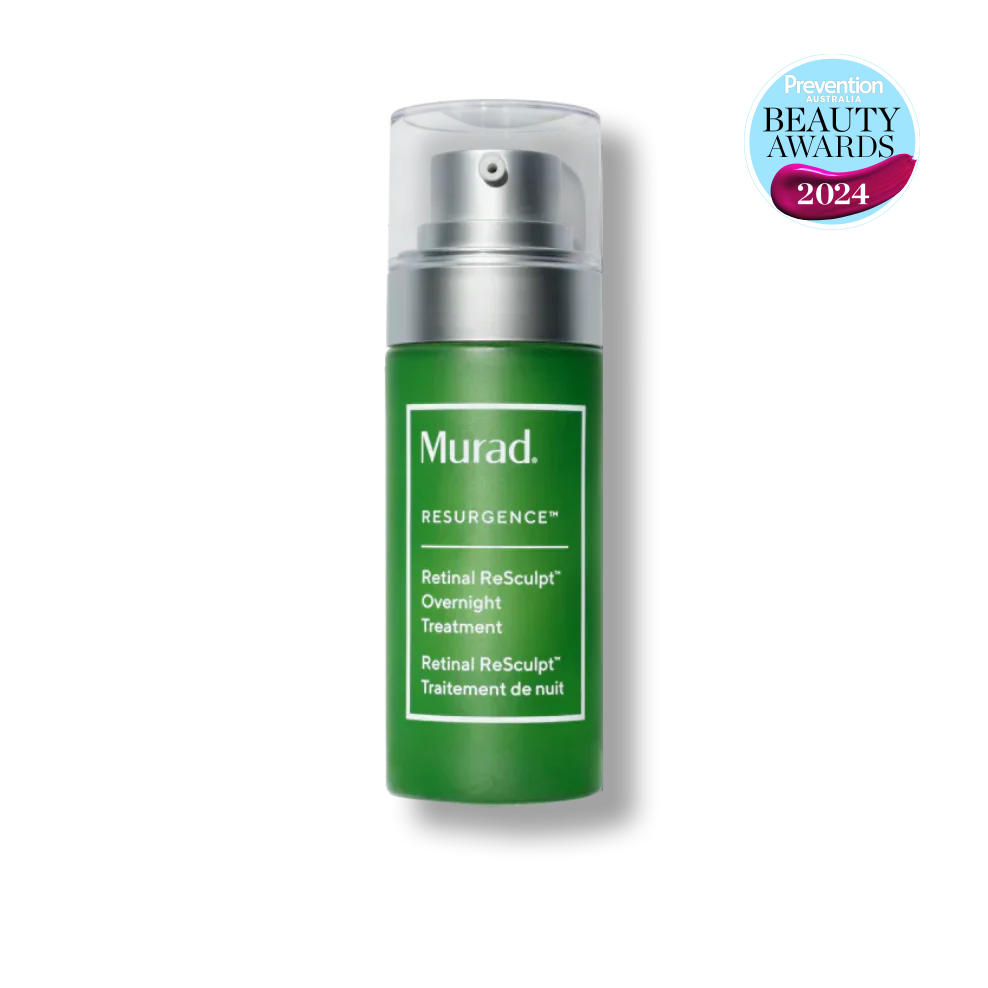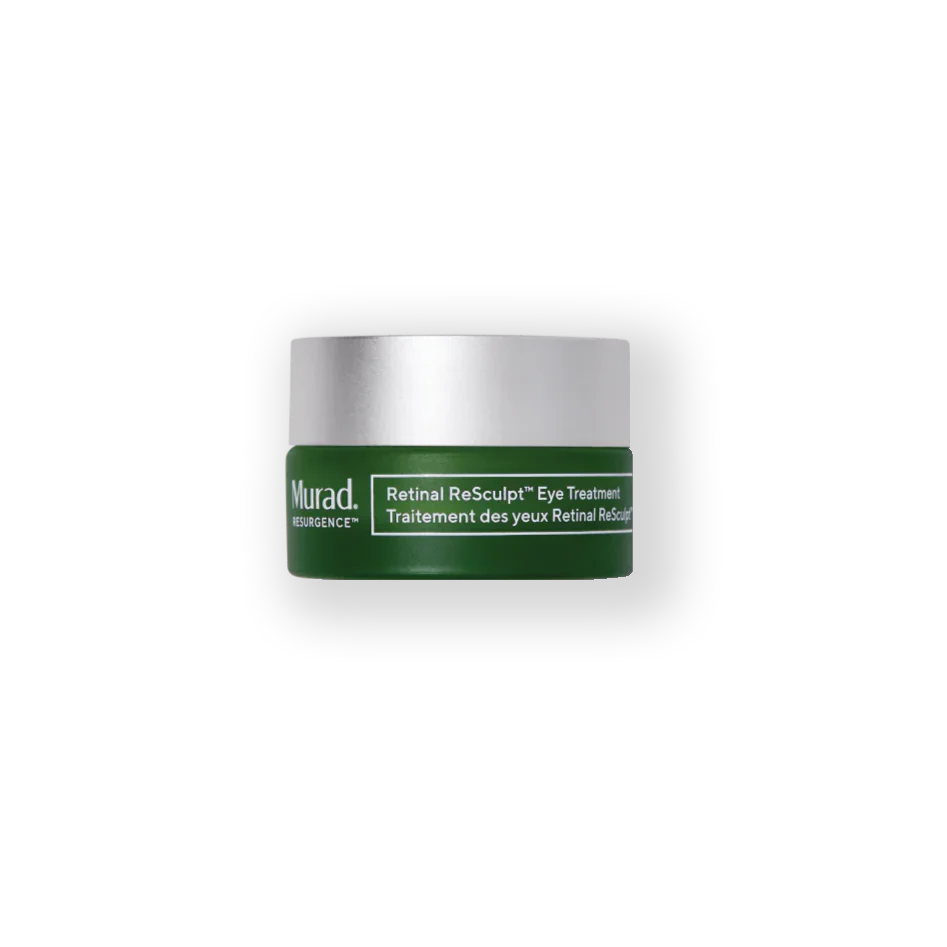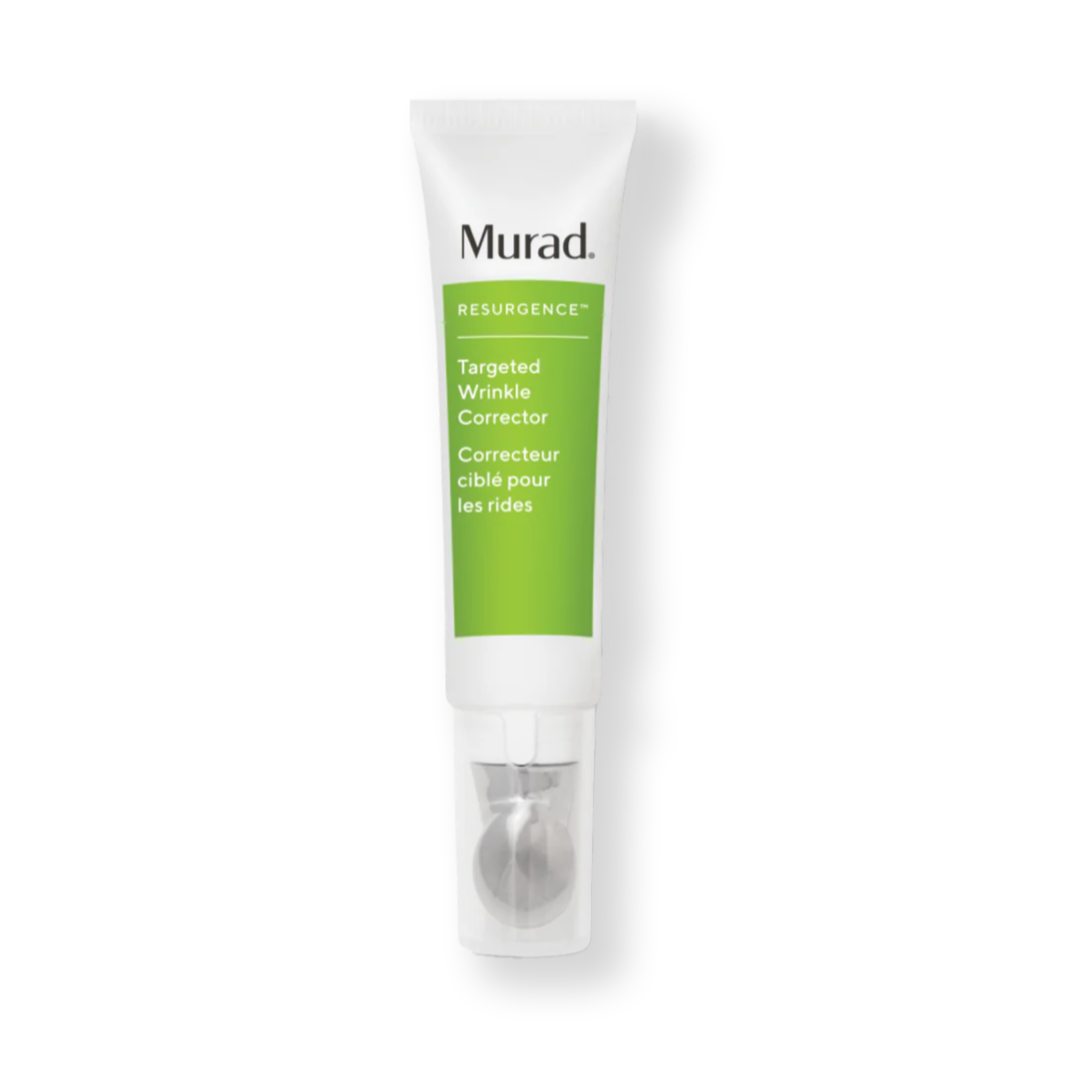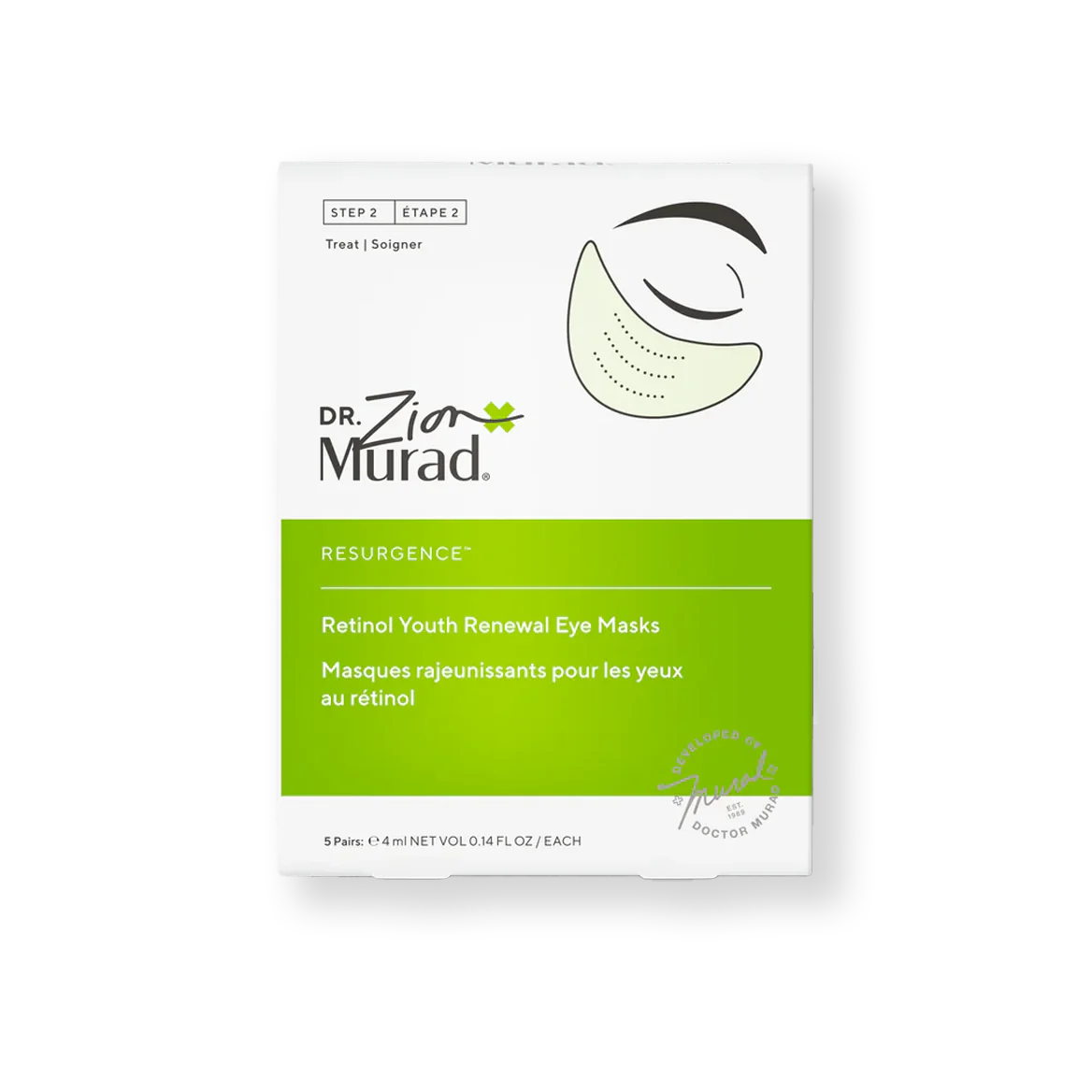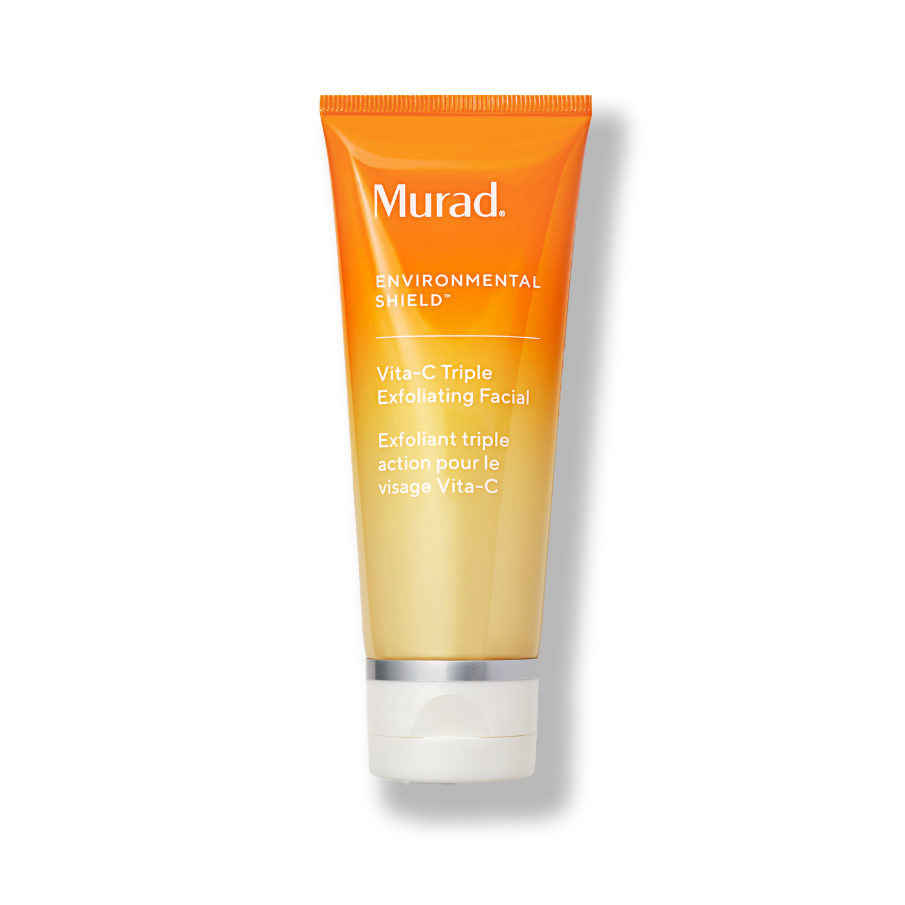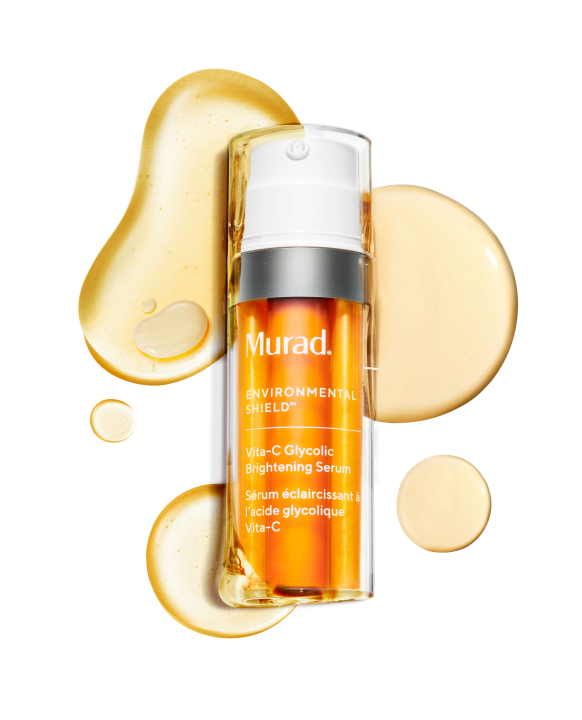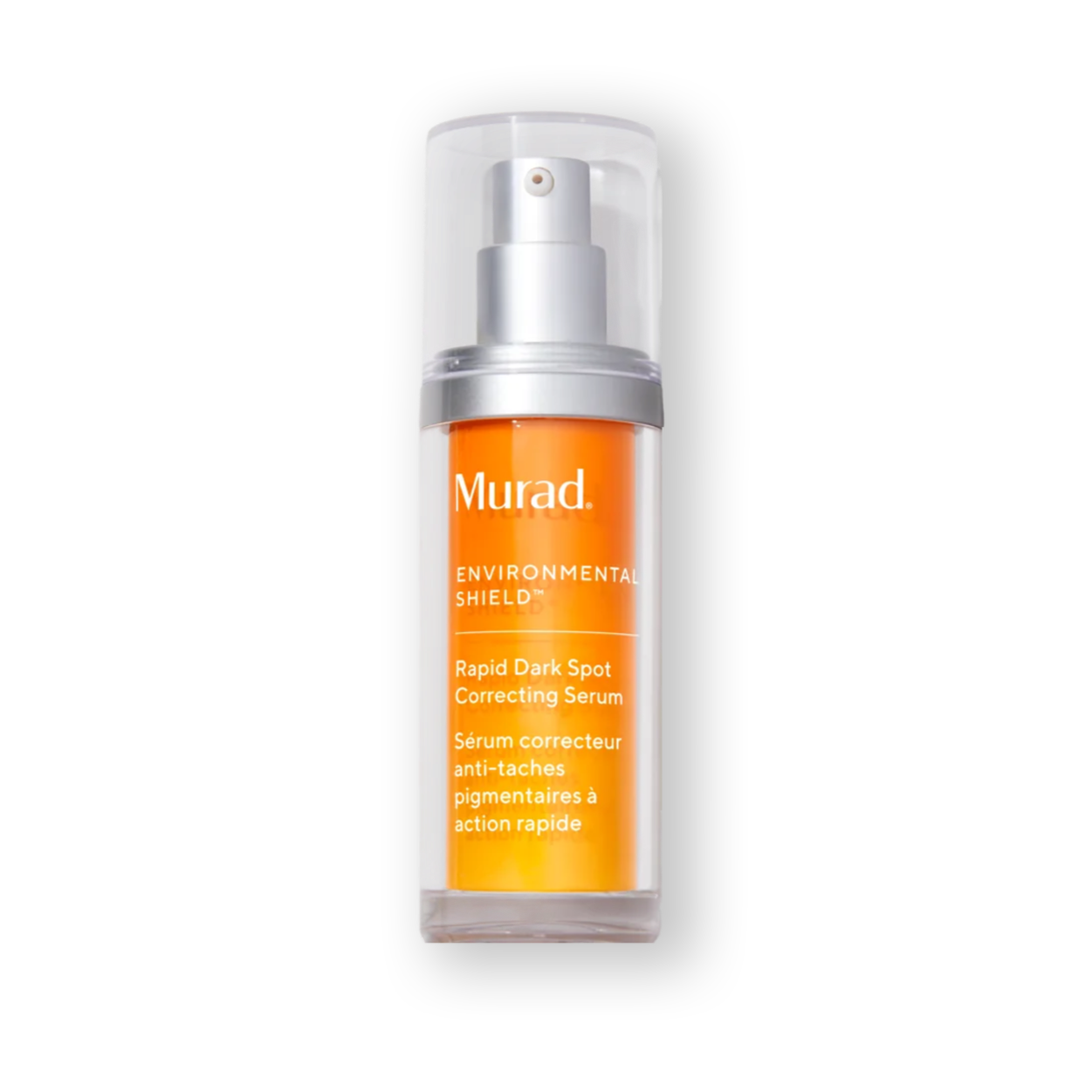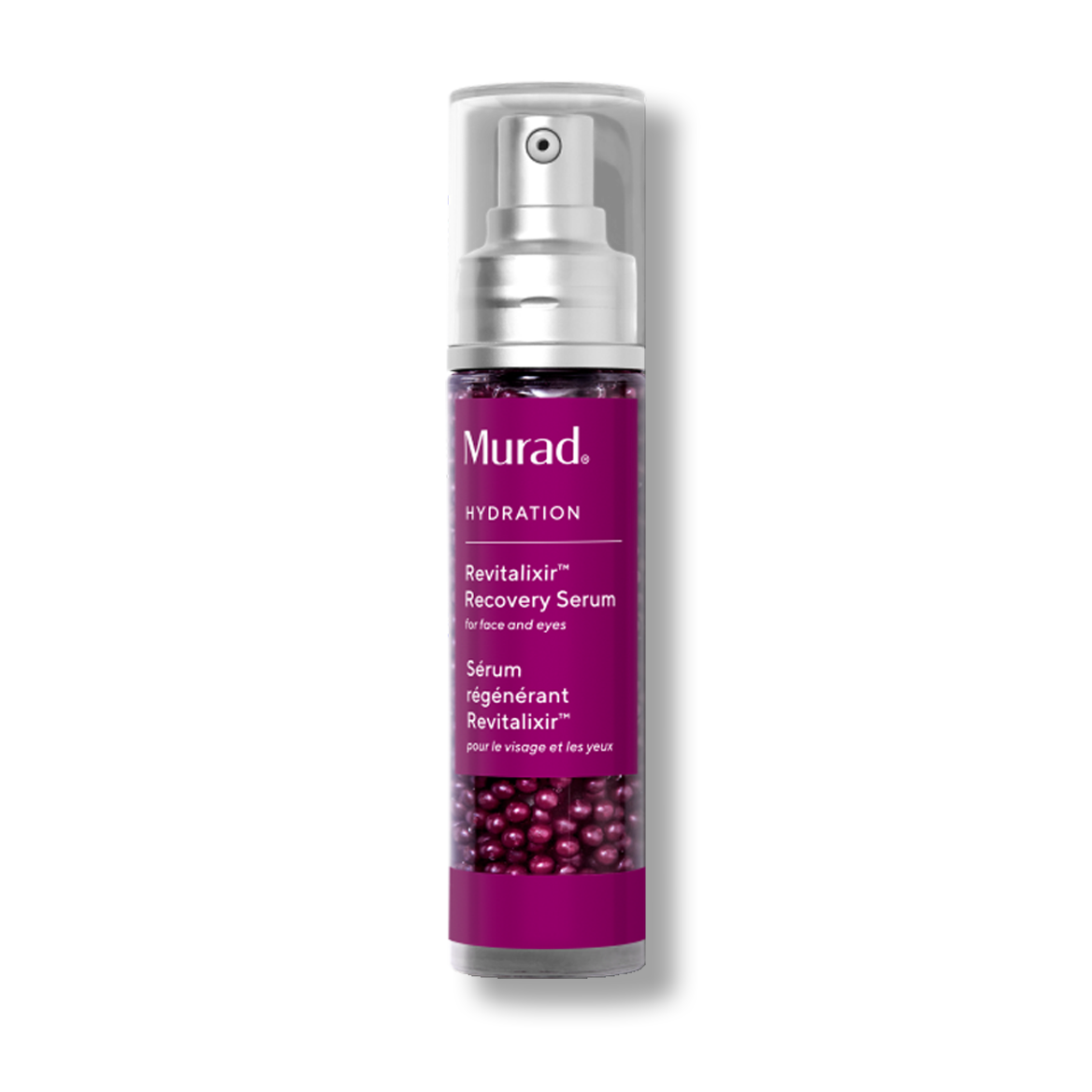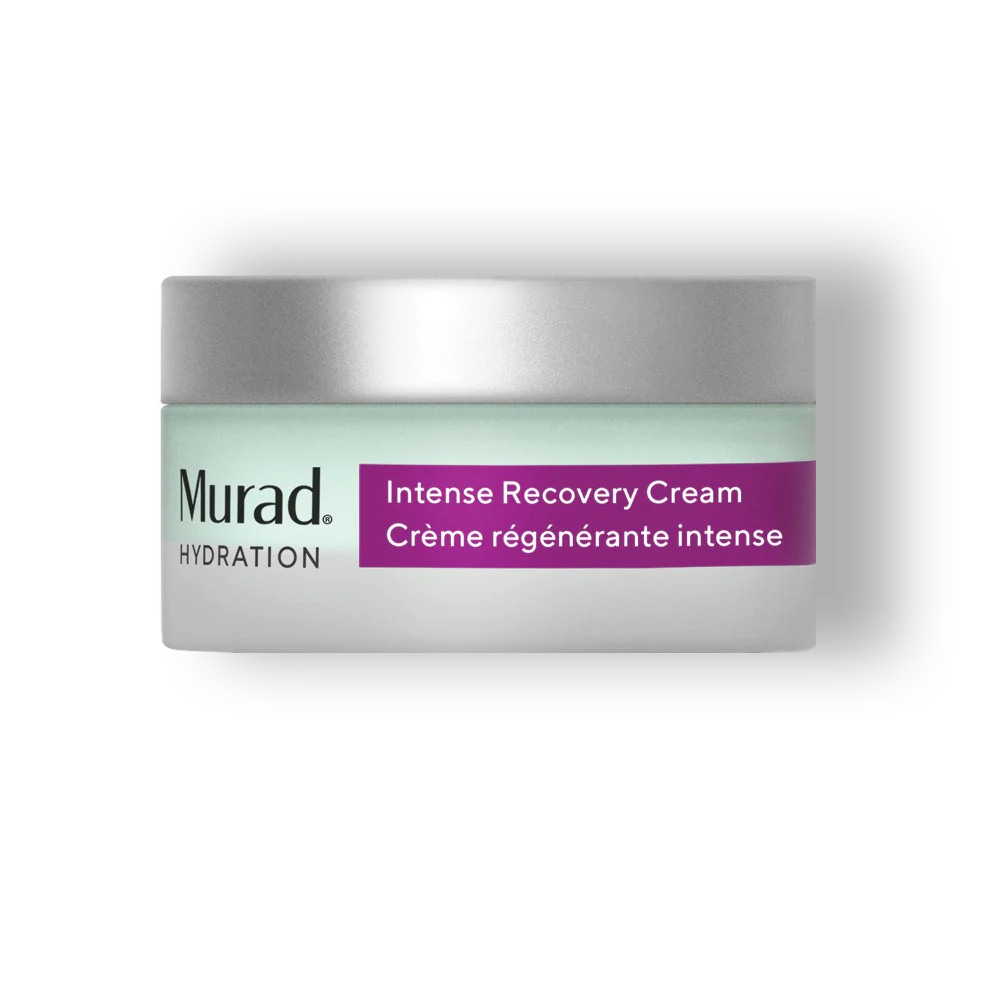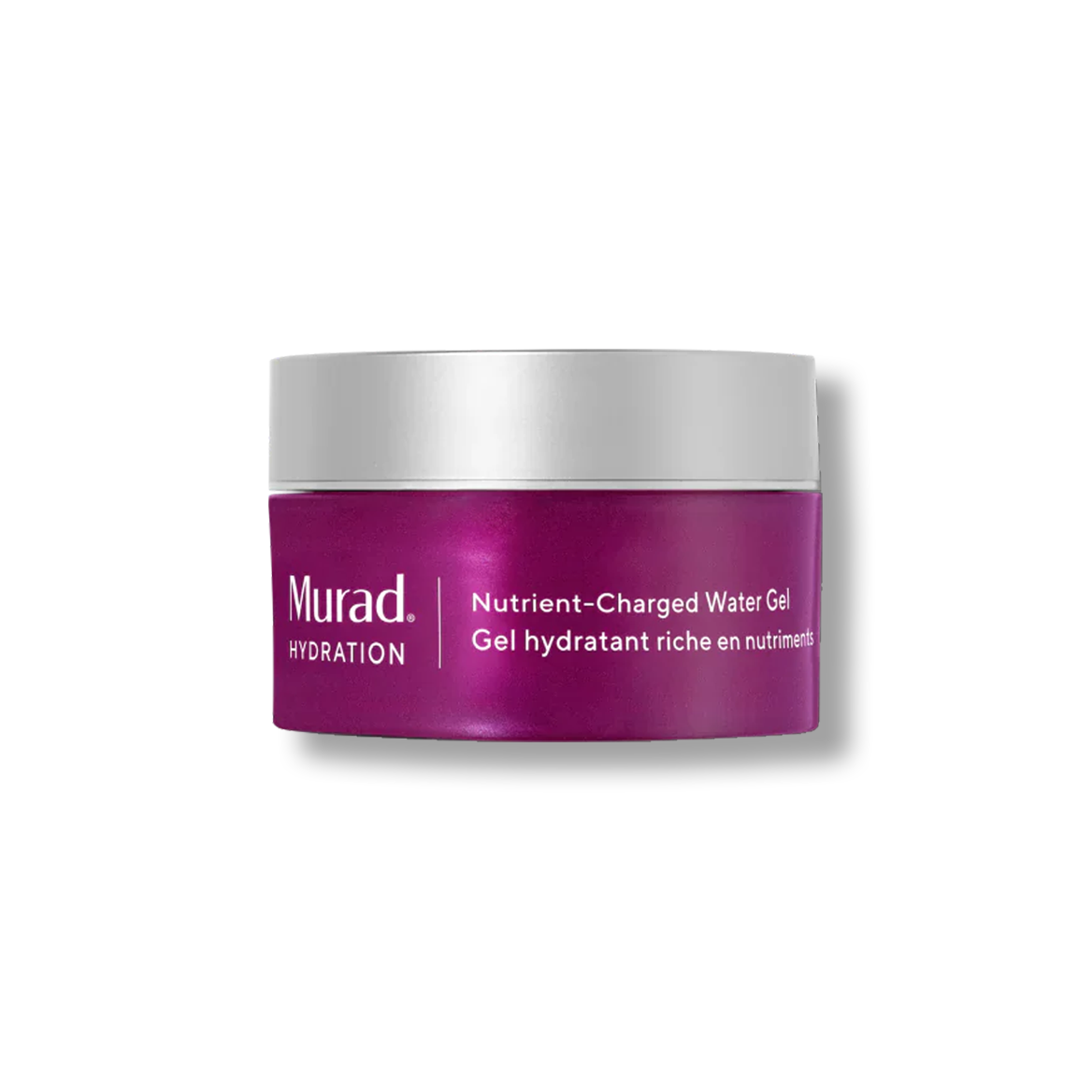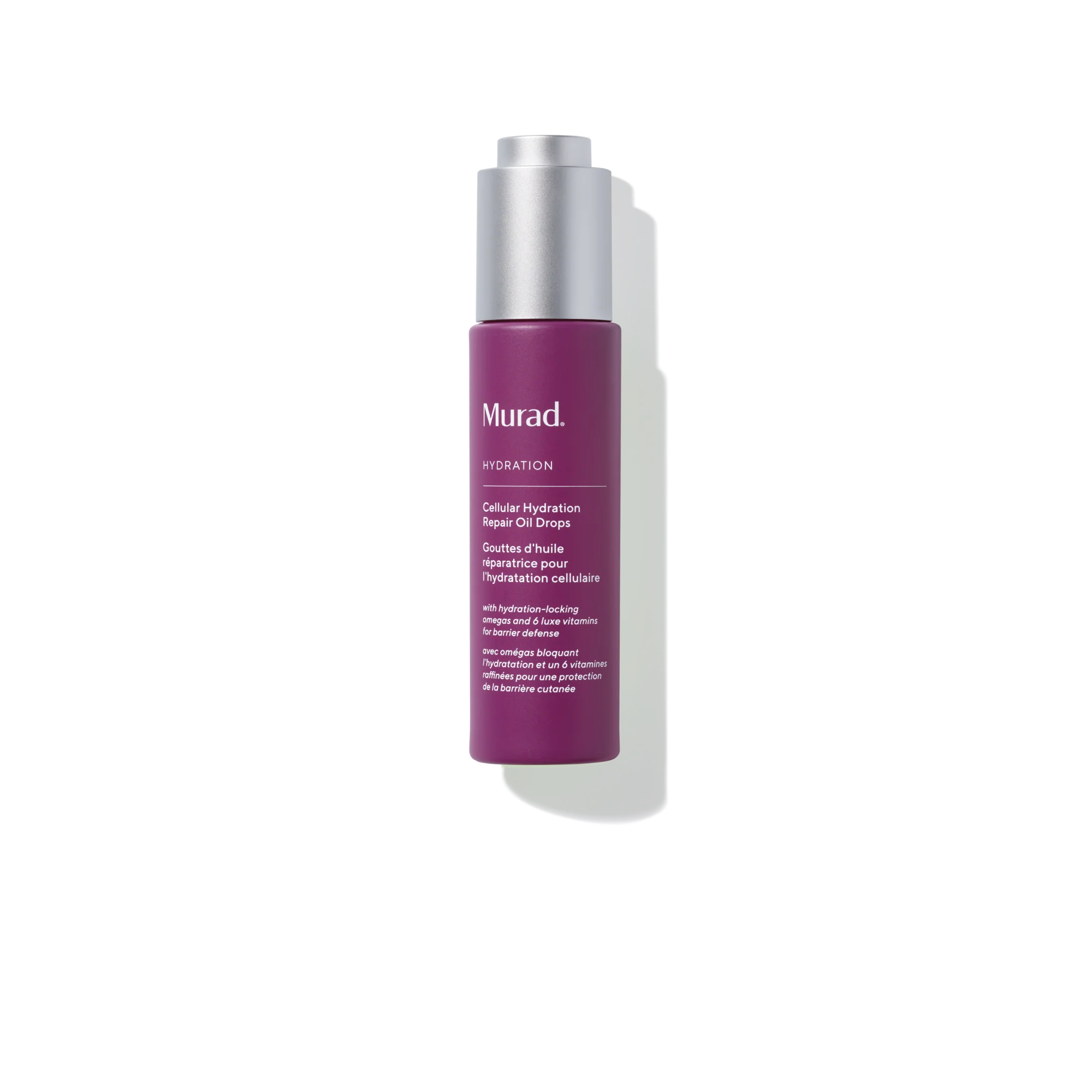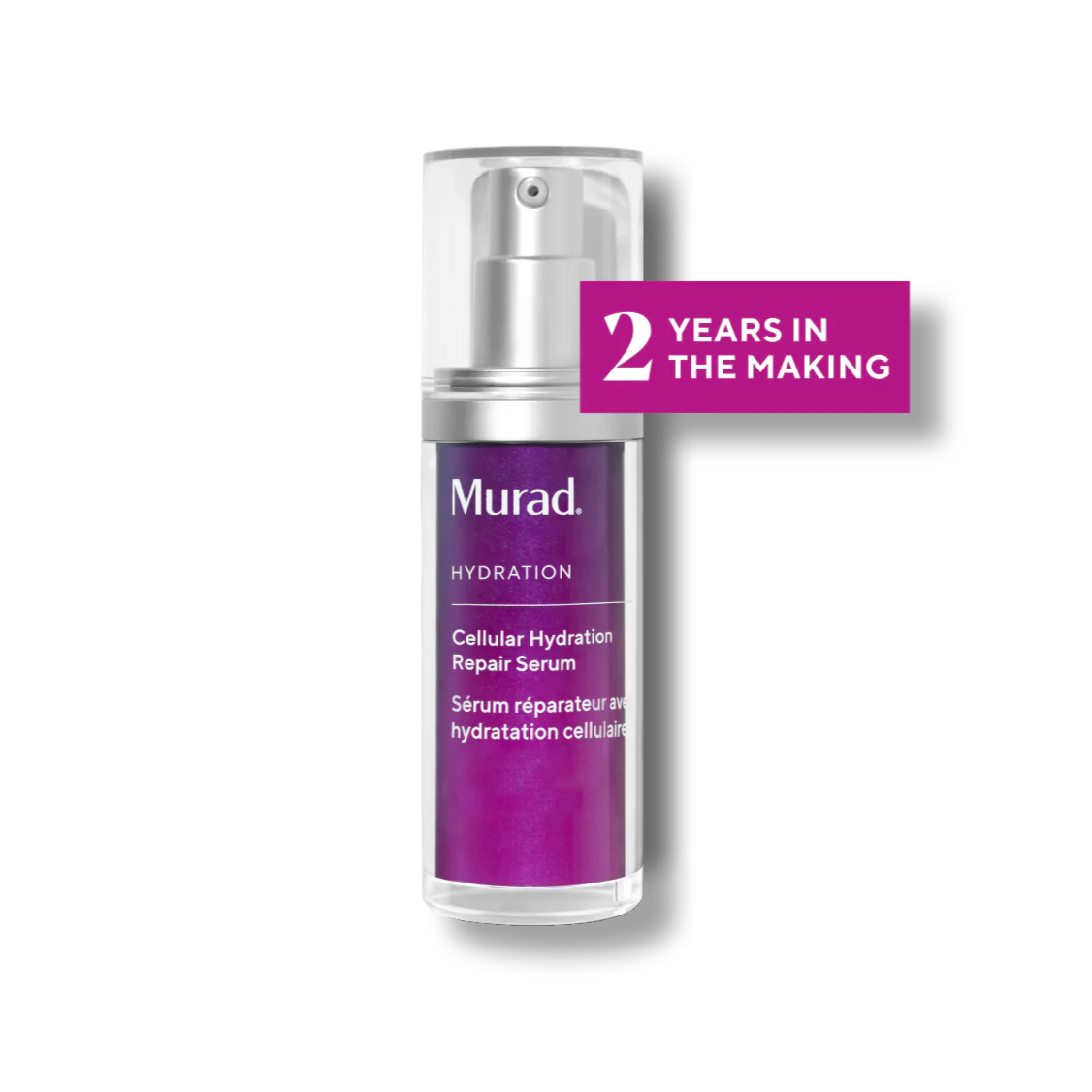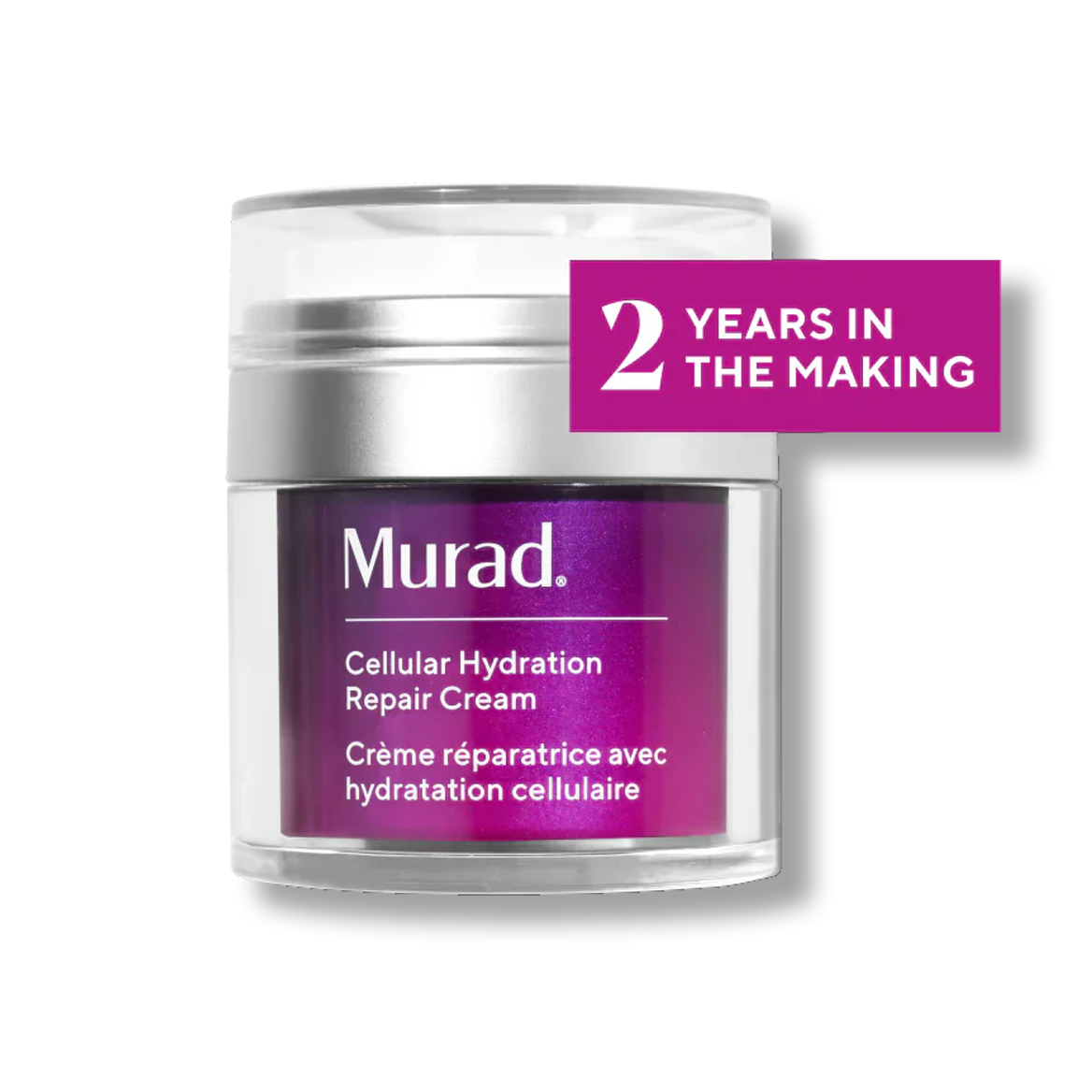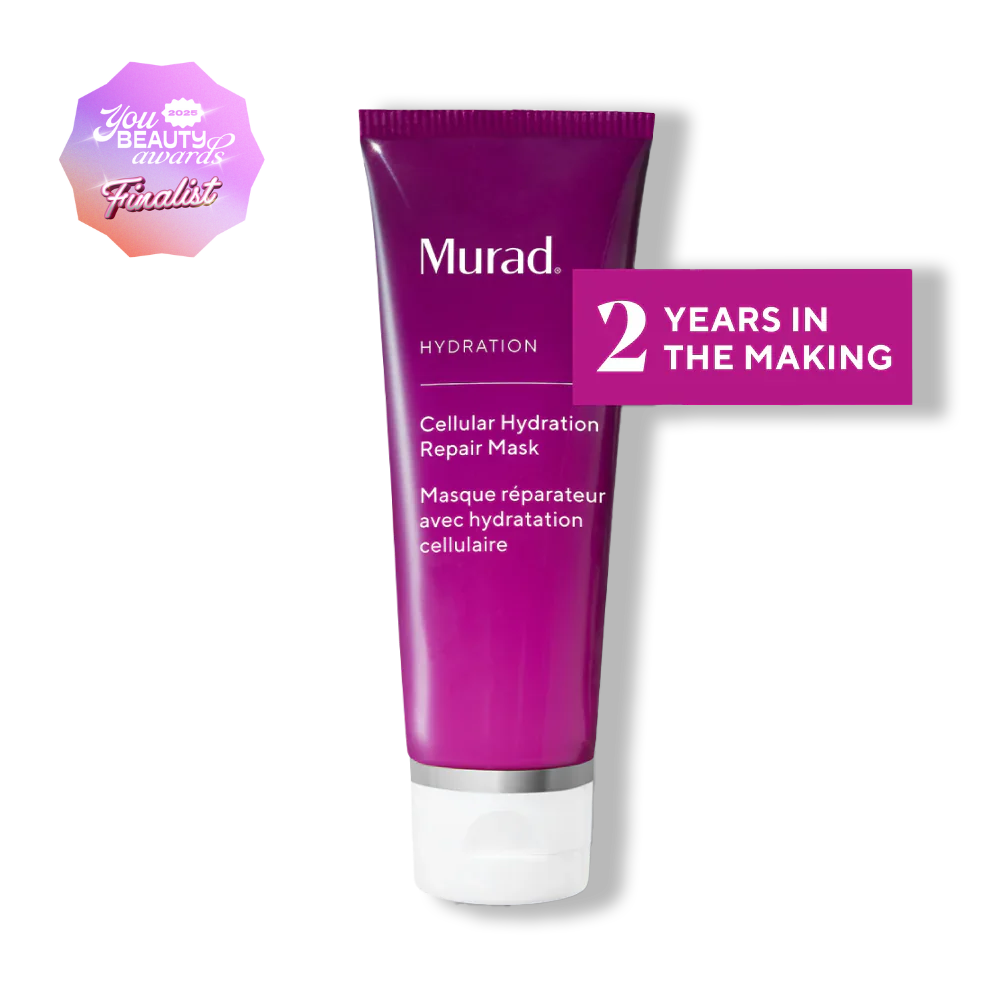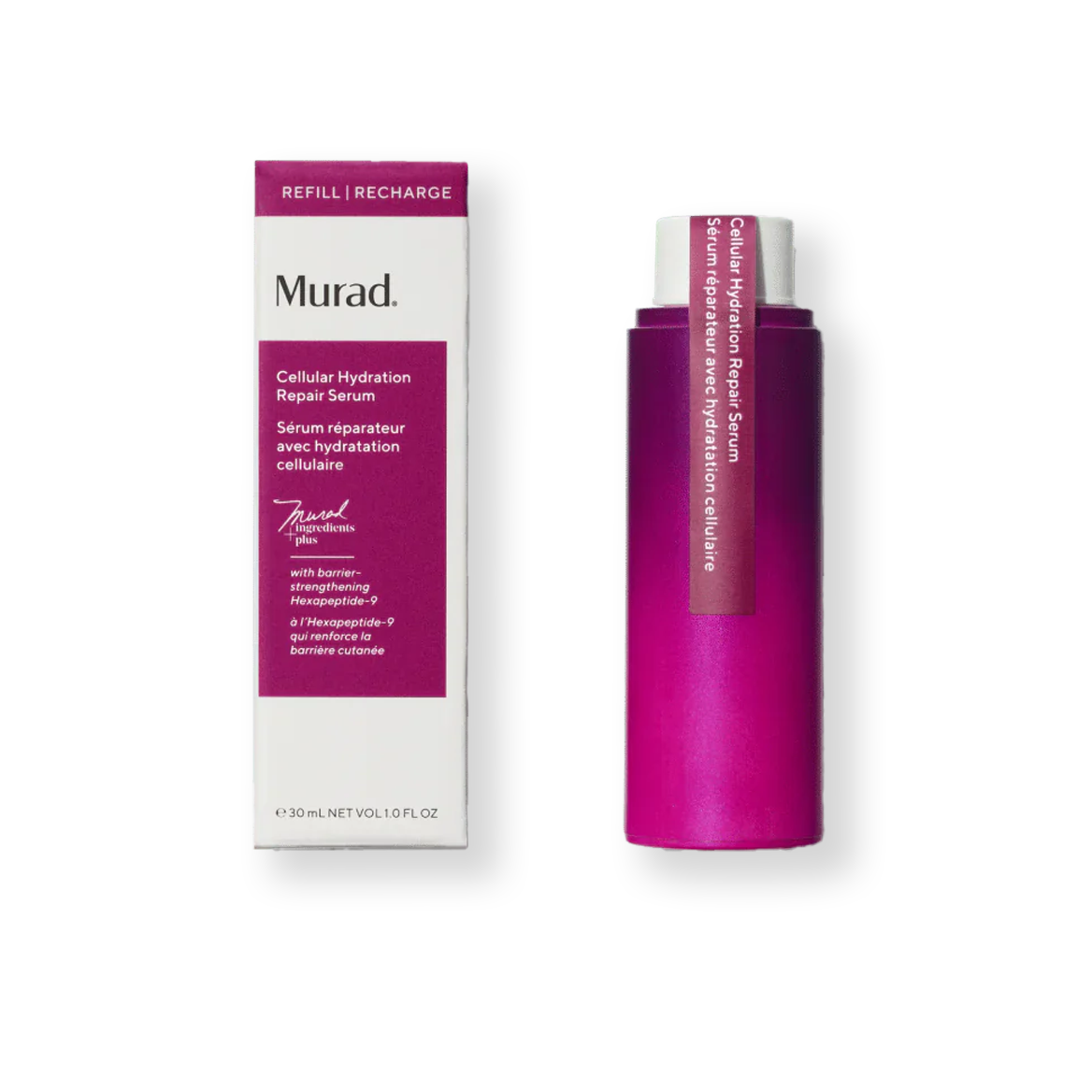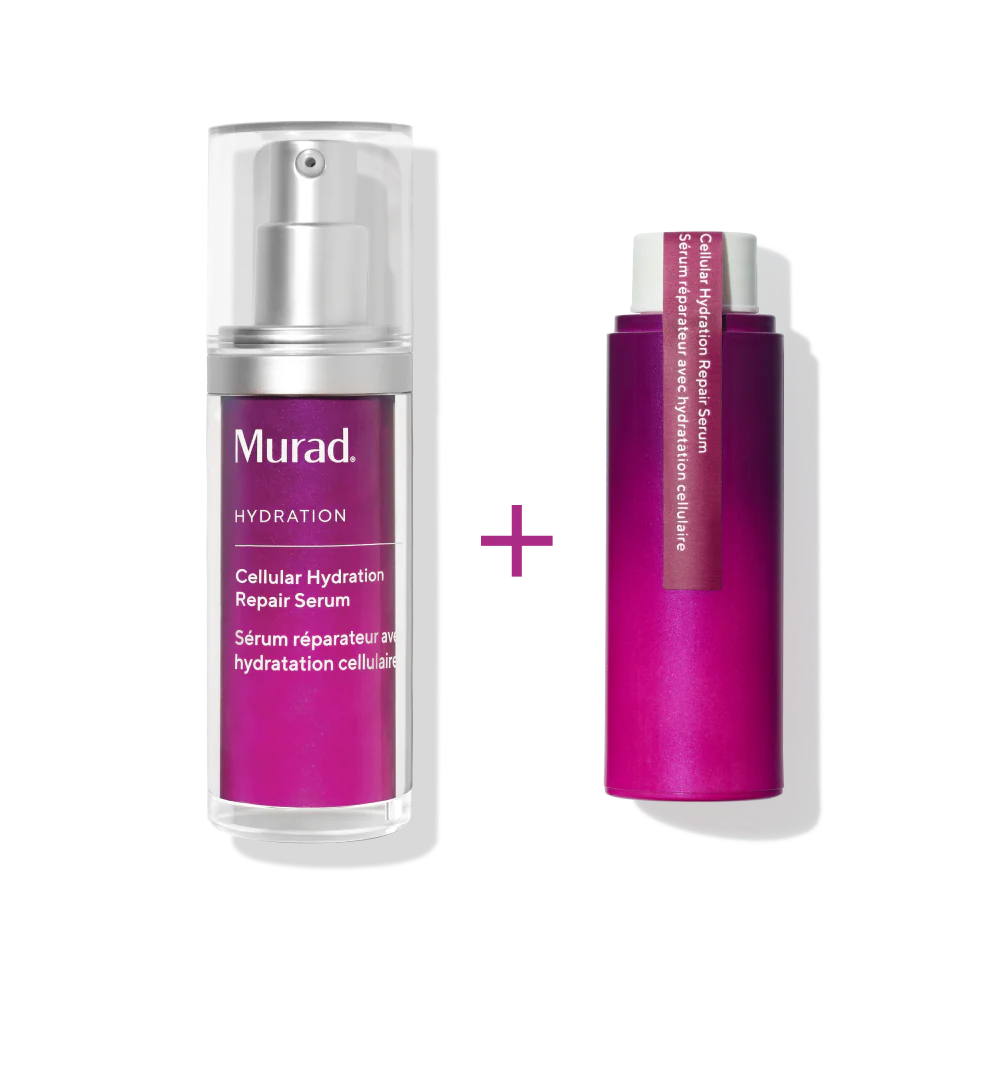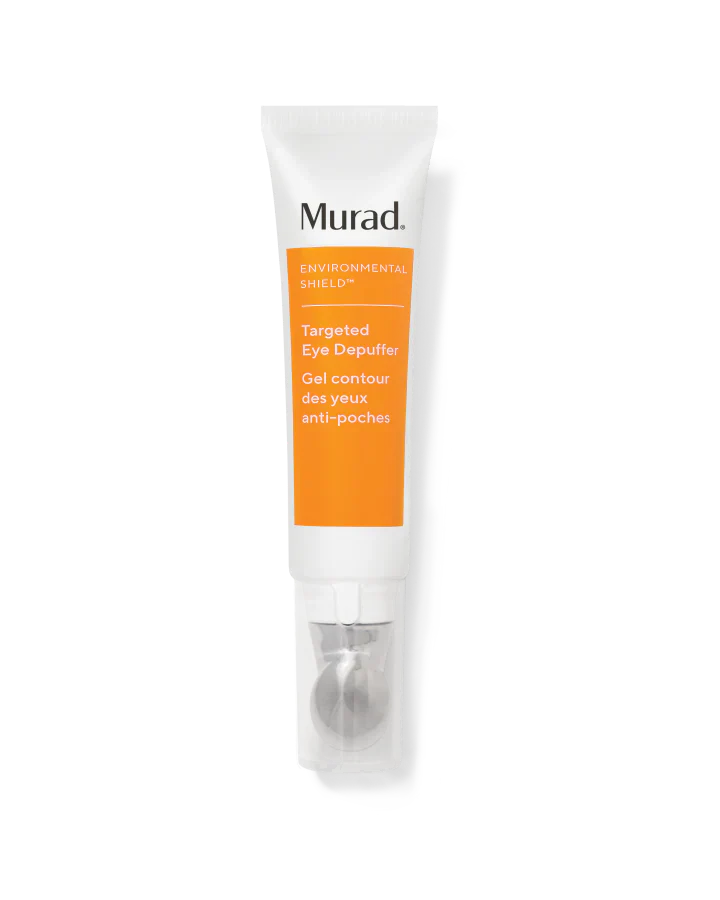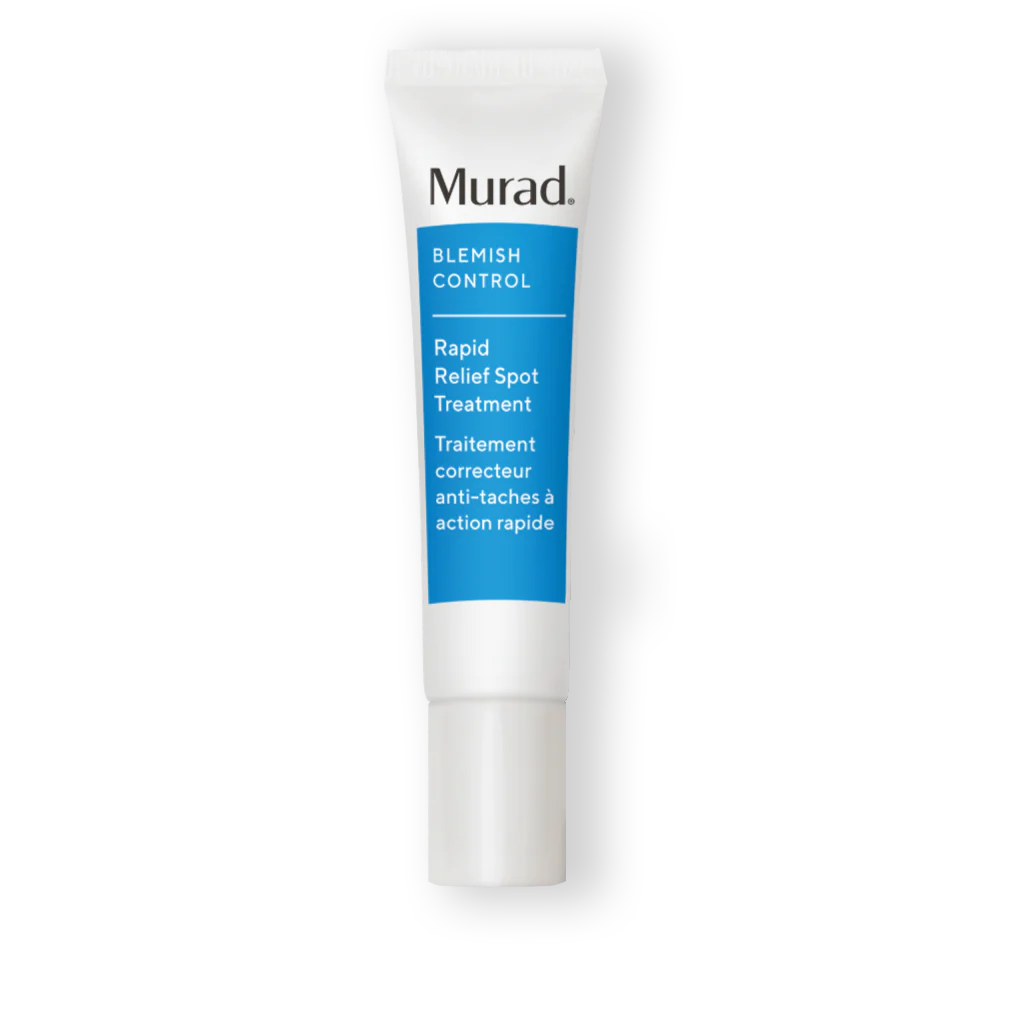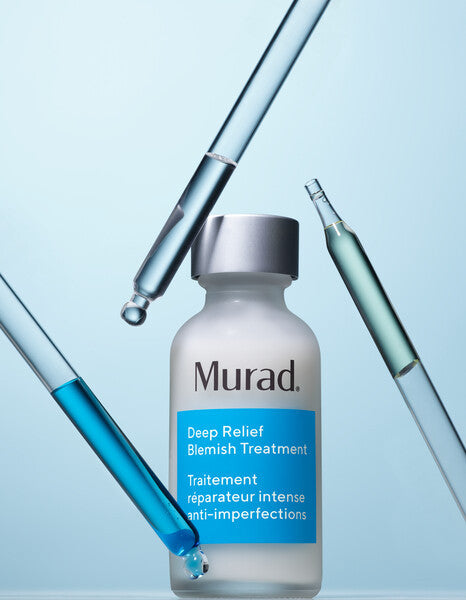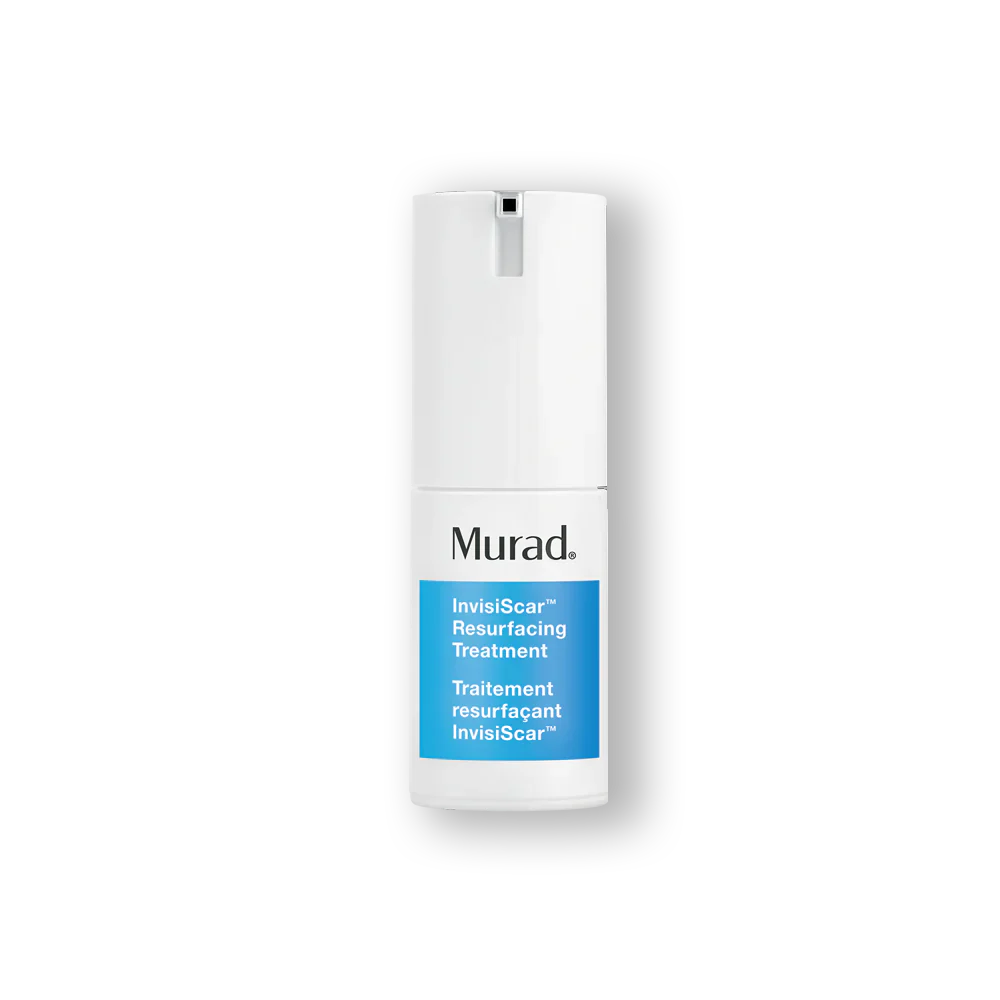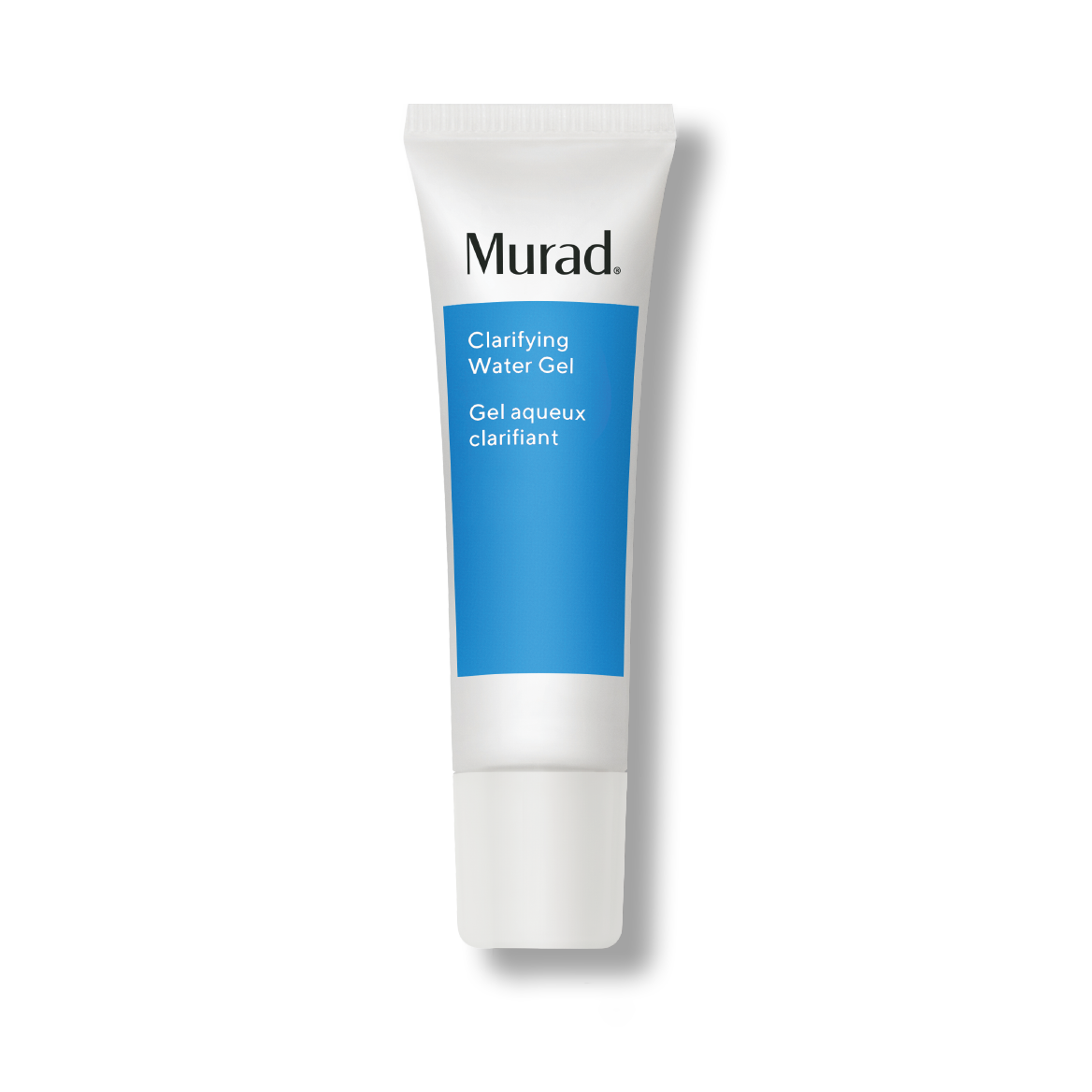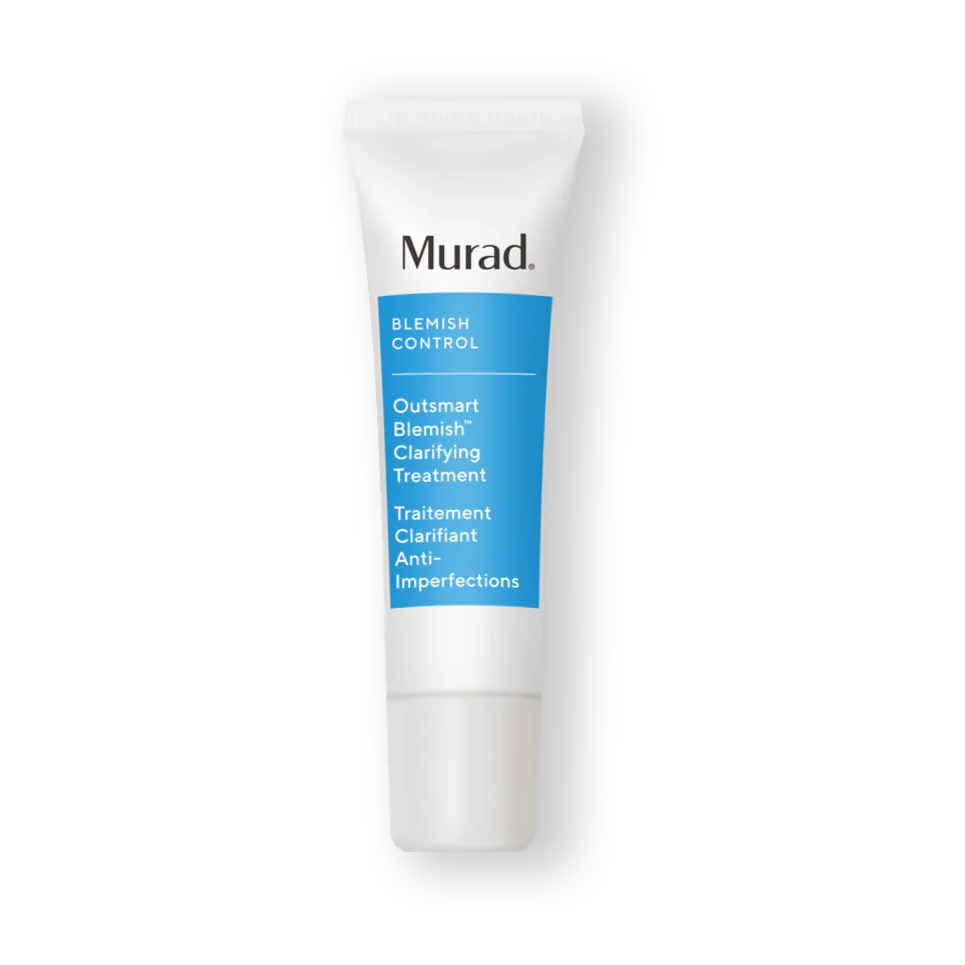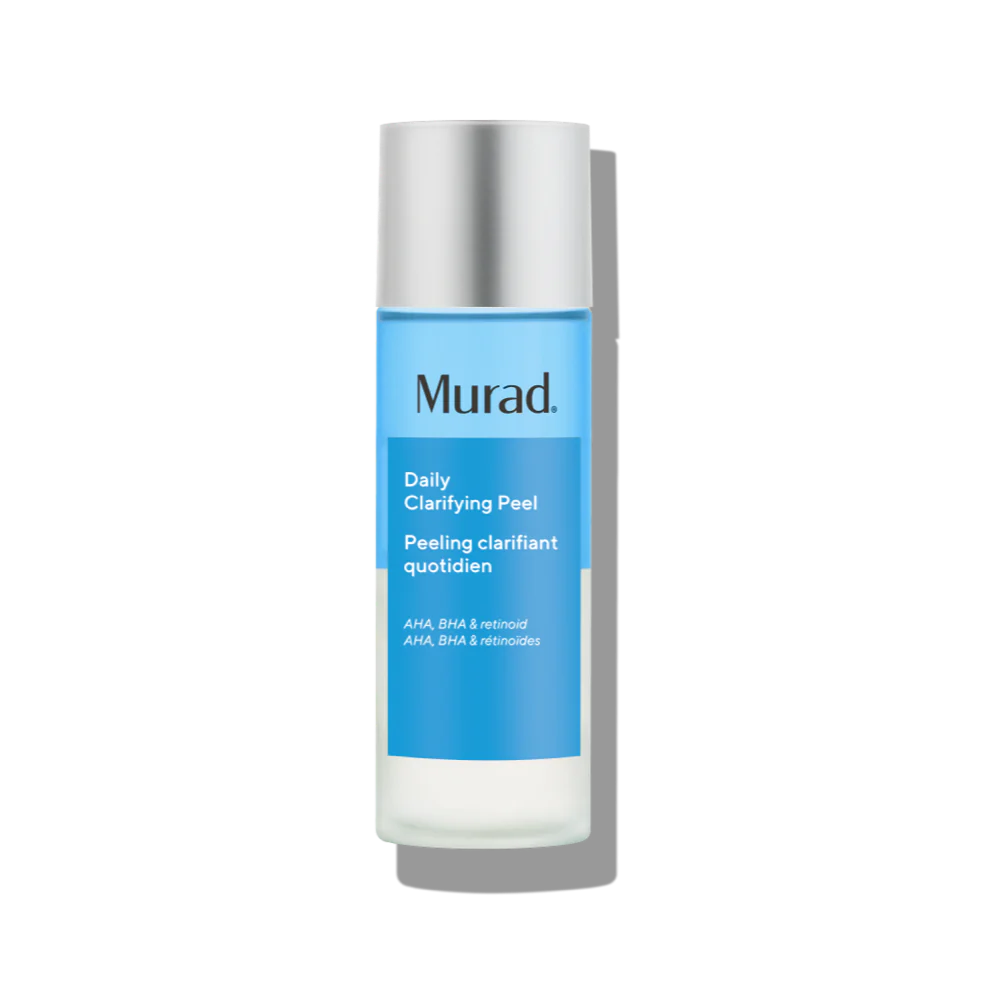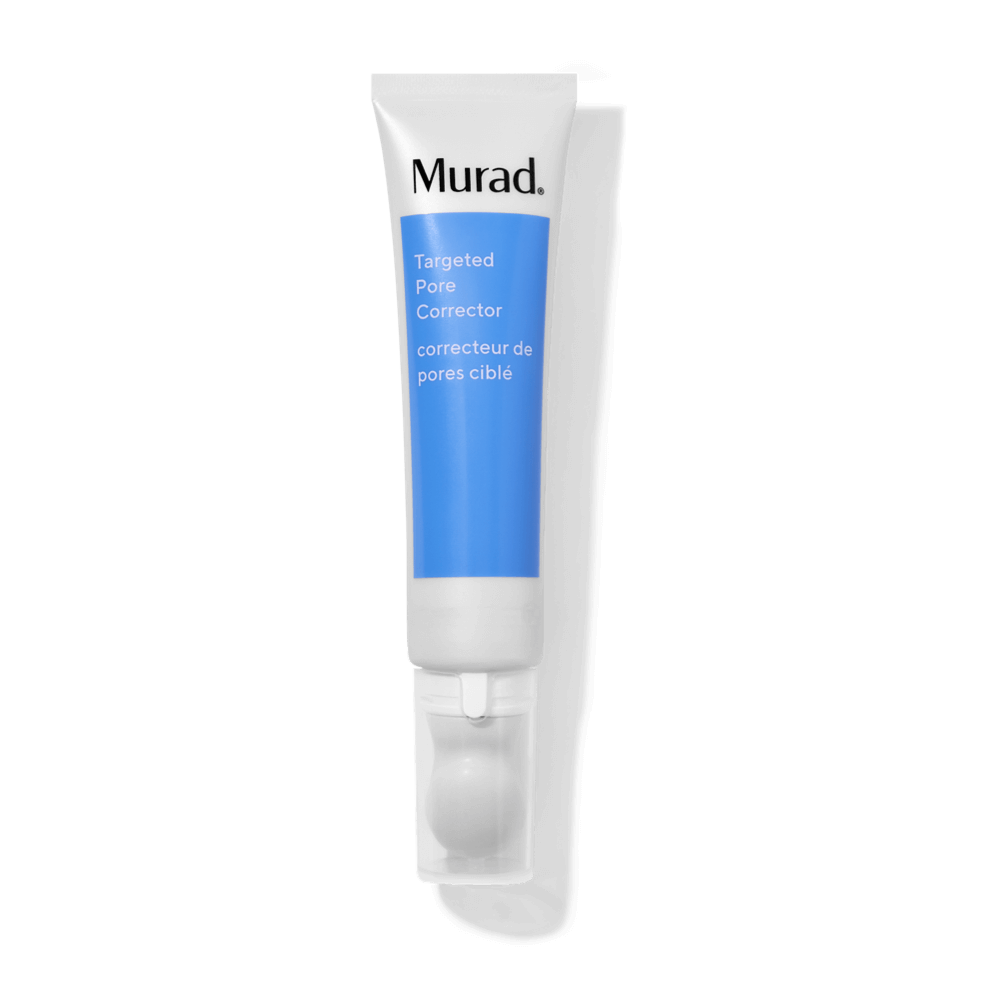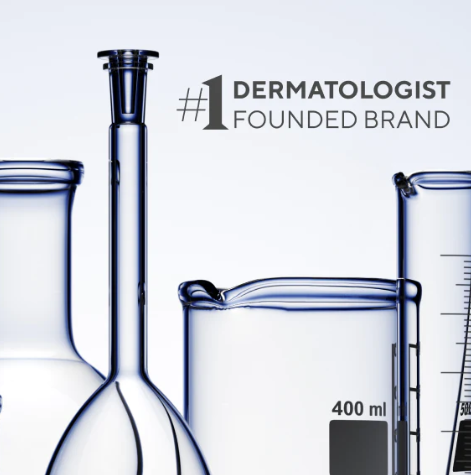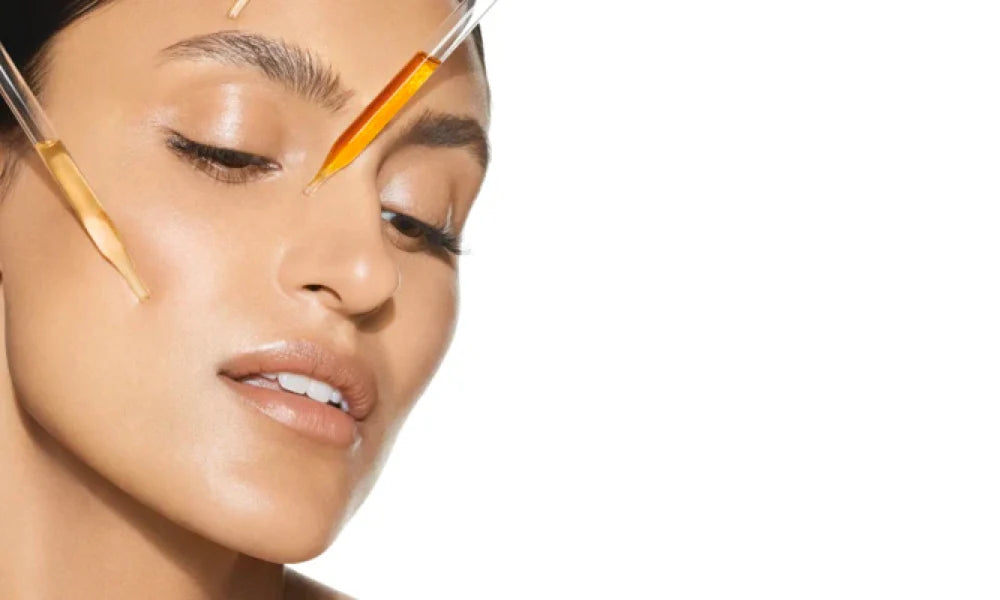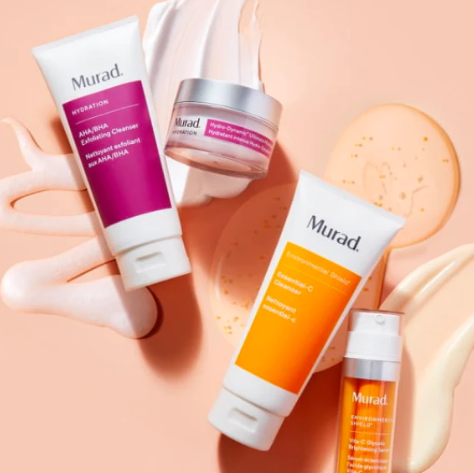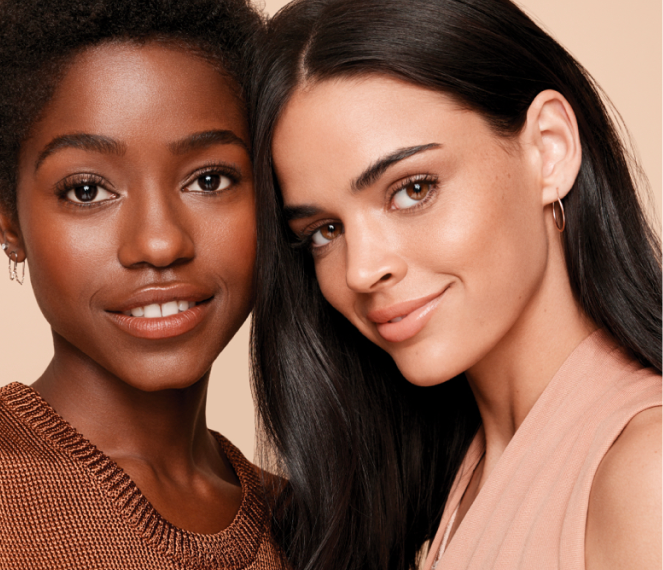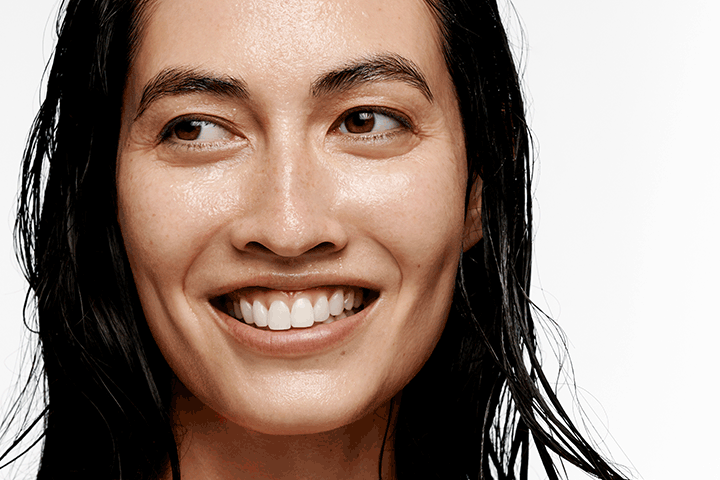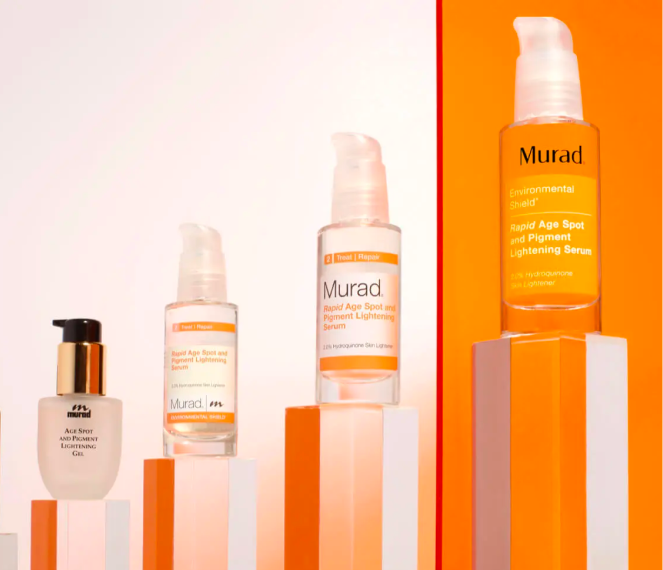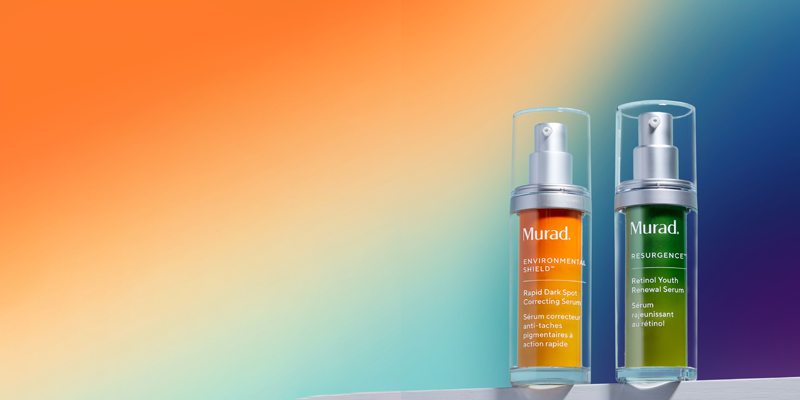The complete Retinol Review

You’d be hard-pressed to find a dermatologist who doesn’t love retinol. Approved by the FDA in 1971, it’s a skincare multi-hyphenate, targeting concerns from acne and scars, to wrinkles and firming. If you’re newly considering retinol or you’re already a retinol devotee who wants more insight on the latest ingredient news, keep reading to learn all about skincare’s always-buzzy ingredient.
But first, a reminder of what retinol is exactly and how it works
Retinol is a compound that’s part of the retinoid family, a group of vitamin A derivatives that quicken skin cell turnover. Unlike some retinoids, retinol is available over-the-counter (under 2.0% concentration) or via prescription (over 2.0% concentration). Depending on preference, you can apply retinol topically in many forms, including:
Gels
Foams
Serums or liquids
Creams
How does retinol work in the skin? Chemically, retinol is two steps removed from retinoic acid, and for retinol to work, your skin must slowly oxidize and transform retinol into retinoic acid. This entire process is called “retinization.” Only then can the molecule penetrate skin cells and deliver benefits including:
Increasing skin cell turnover
Unclogging pores
Decreasing inflammation
Promoting collagen production
Boosting hyaluronic acid production (a natural moisturiser)
Reducing excess sebum
Retinol essentially encourages (or speeds) skin cell turnover, which is the body’s biological process of shedding dead skin cells to push newer and younger cells to the surface. This process slows as we age and visibly shows up as wrinkles, roughness and discoloration. After a few months, the skin cell turnover from retinol starts to reduce:
Wrinkles and fine lines
Breakouts
Keratosis pilaris
Hyperpigmentation
Sun spots
Compared to topical retinoic acids available via prescription (like tretinoin), over-the-counter retinols may take longer to show visible skin results but the payoff for being patient can be fewer side effects like skin irritation or dryness.
Retinol myths vs. truths
Myth: Retinol will thin your skin
Retinol increases collagen production, which helps thicken the bottom layers of the epidermis. Over time, you’ll end up with stronger skin, not weaker.
Truth: Retinol helps reduce breakouts
When dead skin cells don’t shed, they can block pores and trigger the cascade of events that lead to acne. Retinol helps speed cell turnover to encourage dead skin cells to shed, which helps keep pores clear. Retinol also helps reduce excess sebum (oil) that clogs pores—another known trigger that leads to acne.
Myth: Retinol increases sun damage
Retinol actually corrects previous sun damage. With regular retinol use, while adhering to some essential retinol skincare steps (like always applying an SPF 30 during the day), you can reduce sun spots and deep UV light damage.
Truth: Retinol can cause side effects like dryness and redness
Retinol usually requires an adjustment period. The high turnover rate of skin cells can initially disrupt your skin, creating temporary side effects like:
Redness and irritation
Dry skin texture
Itching
Minor breakouts
The best way to mitigate side effects is to go slow and low: Go slow with your retinol product by applying every other night, and go low with the concentration you use (basically, anything non-prescription) and the amount you apply (usually no more than a pea-sized amount is needed).
Myth: The higher percentage, the better
Once you start seeing the benefits of retinol, it’s hard to resist the “more is more” attitude. While a high retinol concentration can work faster on skin, the flaking, dryness and redness that can come with more potent percentages aren’t great payoffs. That’s where over-the-counter retinols can step in as great solutions for certain skin types, especially more sensitive skin.
Truth: Hyperpigmentation and skin texture improve with retinol
Retinol has been clinically tested and proven to help fight these pigmentation and texture issues:
Hyperpigmentation: A 2016 study found that just 0.5% retinol (often found in over-the-counter retinol products) improved mild hyperpigmentation (dark spots, age spots) in just four weeks.
Milia: Appearing as little white bumps, milia usually forms under the eyes, on the forehead or across the nose. Retinol can potentially “unplug” these bumps of trapped keratin (a skin protein) by encouraging skin cell turnover.
Keratosis: Similar to milia, keratosis results from trapped keratin, but these bumps appear in red clusters across the body. Retinol can help smooth rough texture without tearing the skin or aggravating the bumps the way a physical exfoliant might.
Myth: You have to use retinol alone
Retinol also pairs well with many other proven superstar ingredients, including AHAs, BHAs, hyaluronic acid and vitamin C. When starting your retinol regimen, your skin might benefit from alternating between treatments, such as using AHAs/BHAs on alternating days with retinol. Whereas hydrating ingredients like hyaluronic acid can be applied before and after retinol, like “bookends” to help manage the dryness that can come with retinol usage.
The views expressed in this article do not necessarily represent the views of Murad, and are for informational purposes only, even if the advice of physicians and medical practitioners are included. This article is not a substitute for professional medical advice, diagnosis or treatment, and should not be considered specific medical advice.
About the Author
Jacki Marzano is SoCal-based storyteller and head copywriter at Murad Skincare. She's shaped the voice of some of the most recognized beauty brands in the business, has a penchant for sharing homemade cookies, and believes SPF is the secret to getting carded well into your 40s.
Shop This Article
-
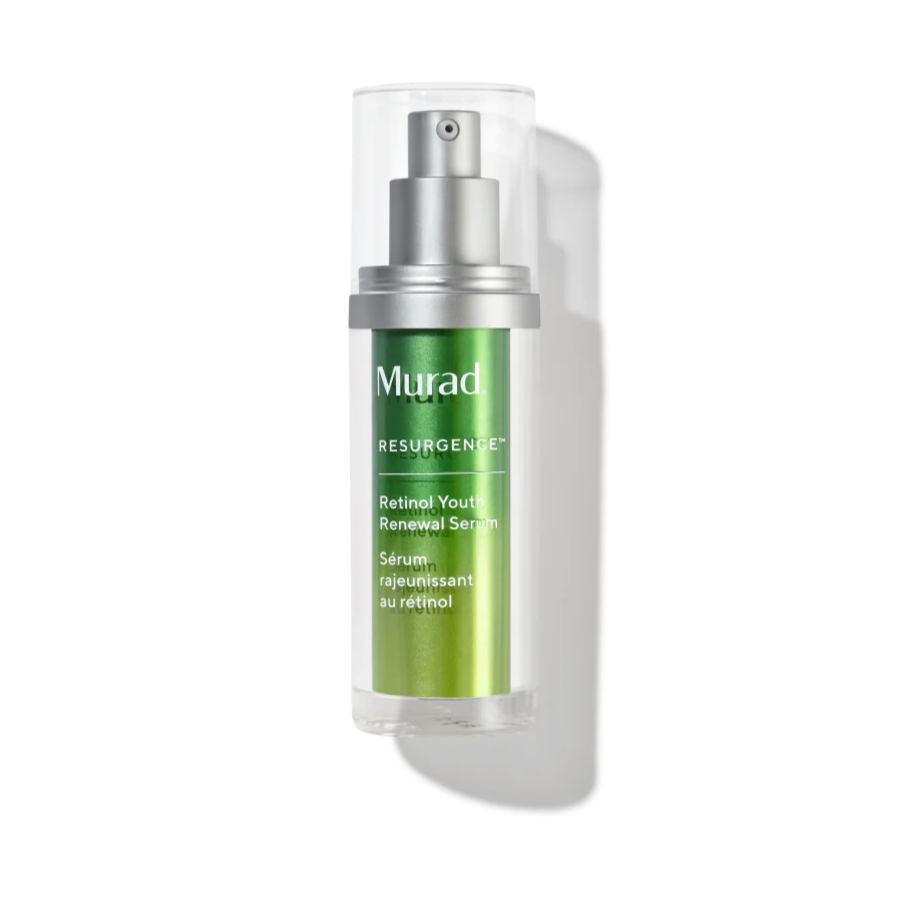
Retinol Youth Renewal Serum
Fast-acting serum with 3 retinol technologies visibly improves key signs of ageing in just 2 weeks. Gentle enough for nightly use.
$150.00 | 30ML -
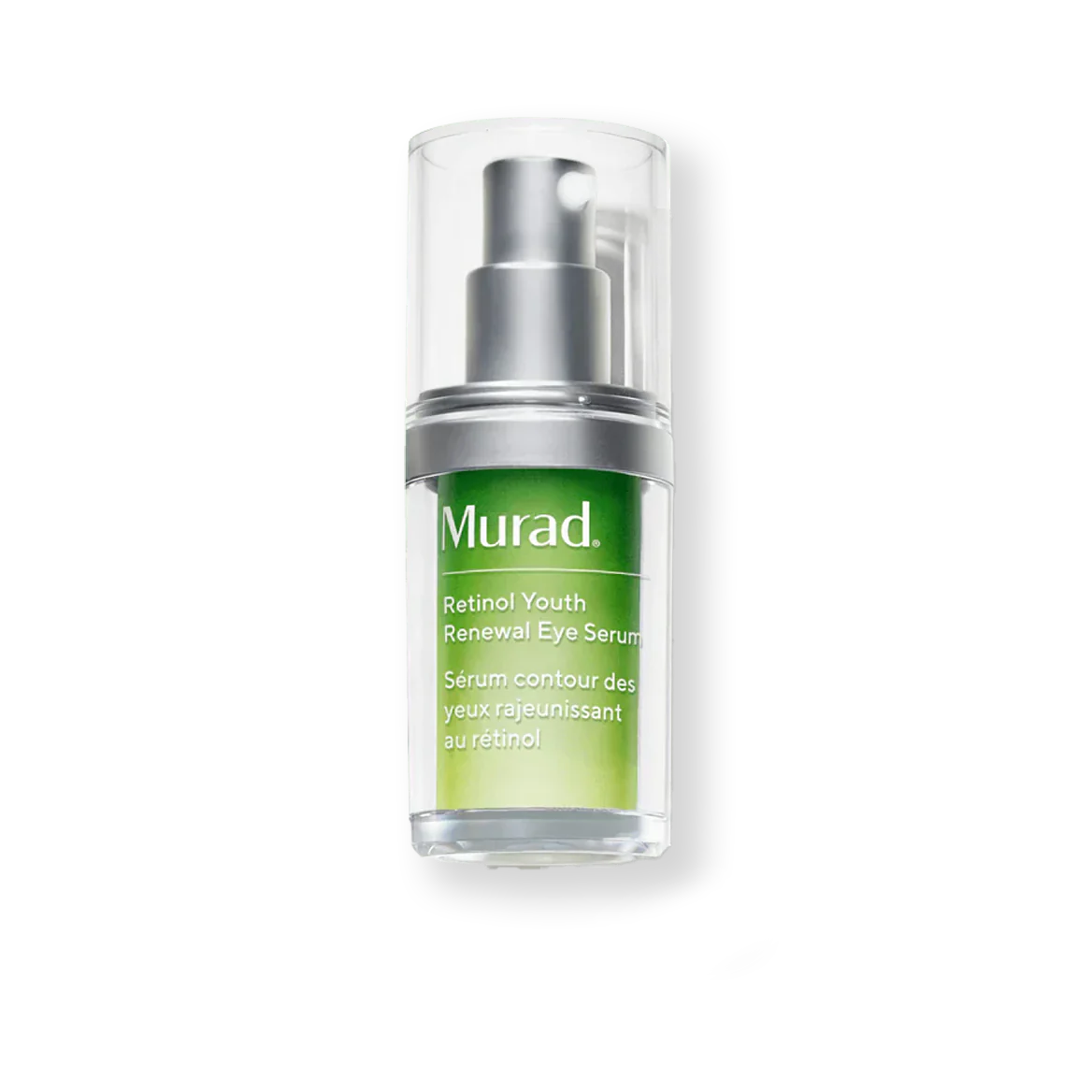
Retinol Youth Renewal Eye Serum
Prevent and reduce the look of wrinkles all around the eyes (including lids!) with Retinol Tri-Active Technology for potent-yet-gentle results
$140.00 | 15ML -
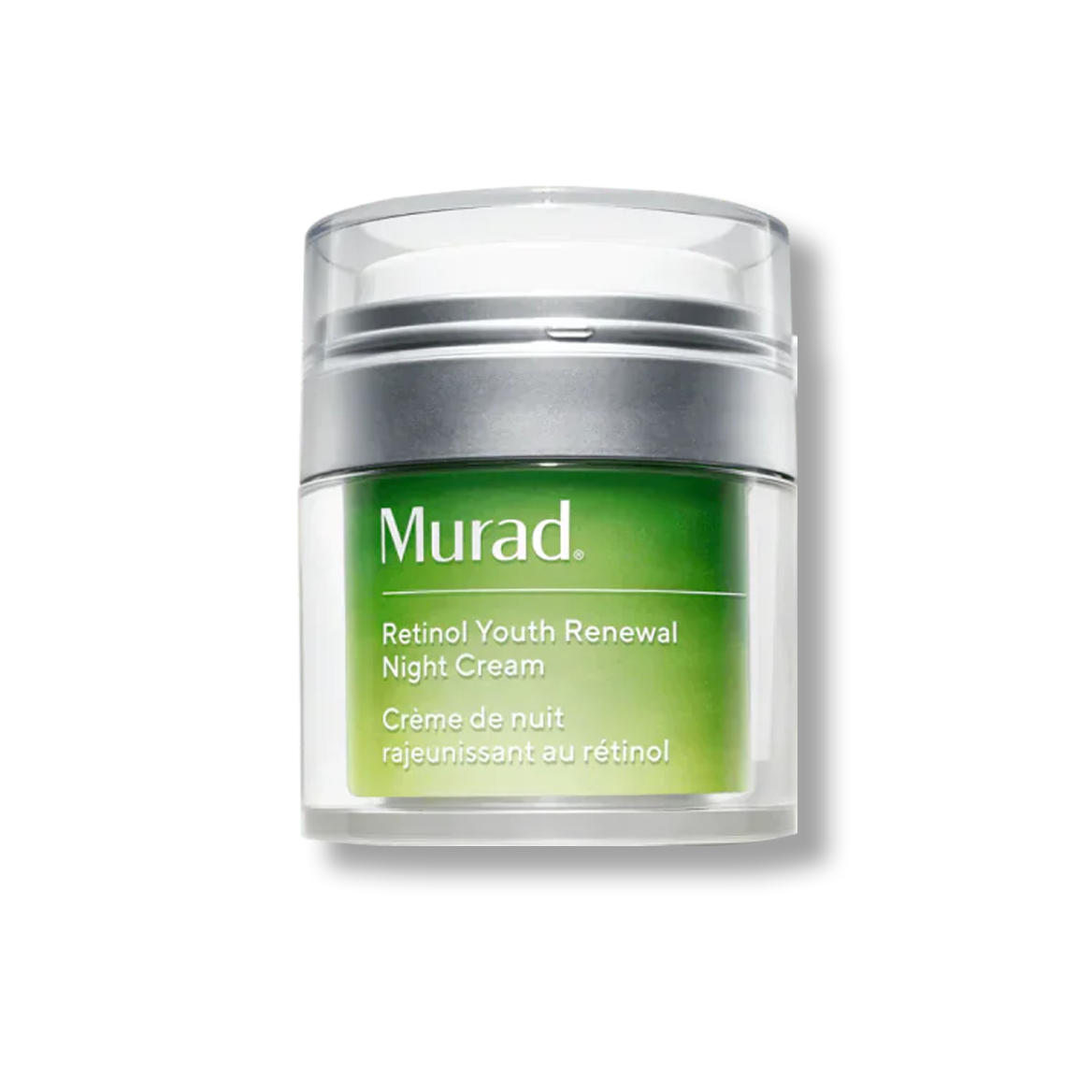
Retinol Youth Renewal Night Cream
This advanced night cream improves the look of youthful contours and wrinkles while intensely hydrating
$135.00 | 50ML
